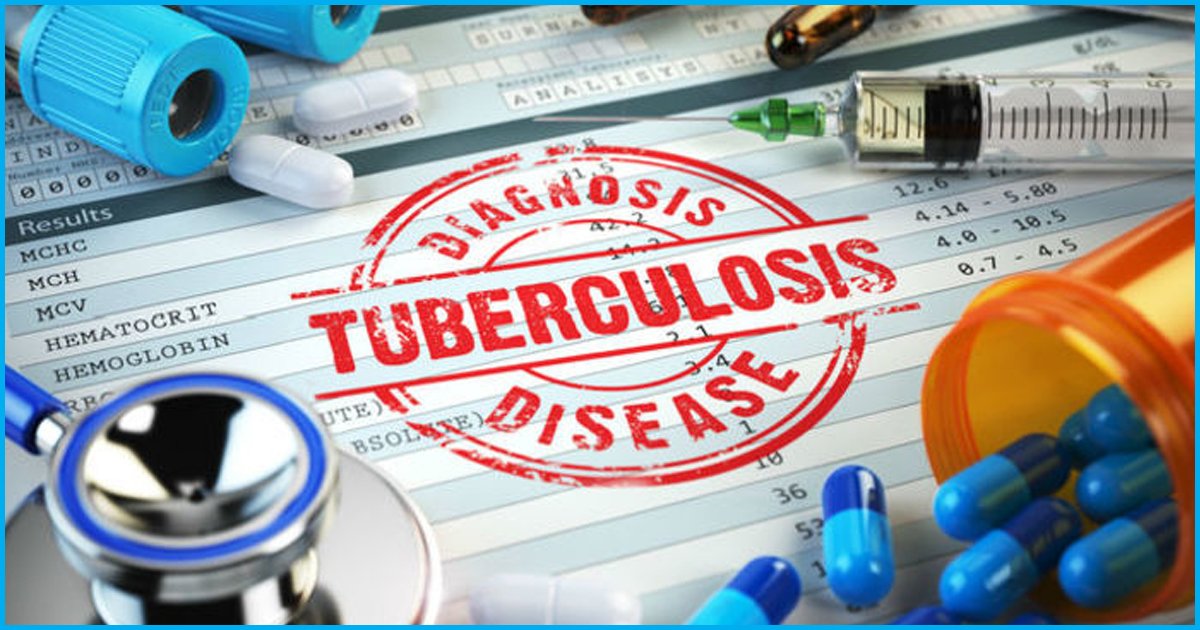
Indian Govt Plans To Eradicate TB Five Years Before Global Deadline By 2025, Will It Be Possible?
Recently, the government announced a national plan to eradicate Tuberculosis by 2025 as the disease remains a major health challenge in India. Prime Minister Narendra Modi advocated for a ‘change in approach’ during the Delhi End-TB Summit stating that global efforts to eliminate TB have not been successful. While addressing the Delhi End-TB Summit in New Delhi, Modi said that the government was moving ahead to treat every TB patient in the best way possible at the very first opportunity.
Out of the 9.6 million global TB cases, there is an estimated figure of 2.2 million TB cases in India. According to World Health Organisation, elimination of TB will mean there should be less than one TB for a population of 10 lakh. Keeping the facts in mind, will the government be able to achieve this ambitious target within this limited time?
What do the experts say?
A deep analysis of the statistics reveals that the pace is too slow for a country with 2.2 million TB patients. “It is almost a Herculean task to eliminate TB by 2025 going by the current scenario. With the current rate of annual decline of TB cases globally being 1.5%, India is lagging behind in its national decline rate, which is less than 2%. Even if incidence decline rate is increased, elimination of TB from the face of the earth is not expected before 2100,” said Rajendra Prasad from the Department of Pulmonary Medicine, Era’s Lucknow Medical College and Hospital told Livemint.
“Even the WHO target for elimination of TB by 2050 from the face of the earth would require acceleration of the decline of TB incidence to 15-19% per year instead of the present decline rate of 1.5% per year. If India wants to end TB by 2025, the rate of decline of incidence of TB needs to be more than 10-15% per year over the next 8 years,” he added.
K. Vijay Raghavan, a professor at the National Centre for Biological Sciences wrote in Hindustan Times that the government needed the support of a robust public health system to achieve the target. “For this, we need to address existing gaps. Procurement and supply chain management must be streamlined to ensure that patients have regular access to essential drugs and diagnostics. States like Tamil Nadu, Madhya Pradesh, Kerala and West Bengal have made much progress in establishing and running cost-effective and transparent procurement systems,” he wrote. He added that human resource challenges in healthcare were a hindrance to achieve the health targets. “More science is needed to develop better tools in the battle against TB,” he added.
“But the ground reality still remains that we have not been successful in curbing tuberculosis yet. If something doesn’t yield desired results even after 10-20 years, then we need to change our approach and analyse the work is done, which could help in finding new paths,” Modi said. “A target has been set to end TB globally by 2030. I would like to announce that we have set a target to eradicate it from India five years ahead, by 2025,” he added.
TB burden in India
India accounts for about a quarter of the global TB burden. The nation has the highest number of TB and Multi-Drug Resistant TB (MDR TB). India is also the country with the second highest number of HIV associated TB cases. In 2016, 4.5 lakh people died due to the deadly disease and an estimated 28 cases occurred. Along with China and Russia, India accounted for almost half of the Multi-Drug Resistant TB cases registered in 2016. Both the private and government sectors provide TB treatment in the country through the government’s Revised National TB Control Programme (RNTCP).
National Strategic Plan for Tuberculosis
Prime Minister Modi unveiled the National Strategic Plan for tuberculosis (TB) elimination last year. The plan is based on the TB eradication strategy formulated by WHO and the sustainable development goals of the United States. The main aims of the plan include addressing patients seeking care, nutritional support to TB patients, providing free medicines, and augmentation of availability of rapid molecular tests.
Commenting on India’s plan to eradicate TB by 2025, Madhukar Pai, associate director, McGill International TB Centre, Canada told Livemint: “The Indian government recently announced an NSP to eliminate TB by 2025, but much is still unknown about the epidemic, in part due to a weakly regulated and highly privatized health sector. To successfully eliminate TB, India will need to broadly improve the quality of care that TB patients receive. Simulated patient studies have shown that the current quality of care is poor, especially in the private sector where drug sales estimate over one million TB patients seek care annually.”
 All section
All section













